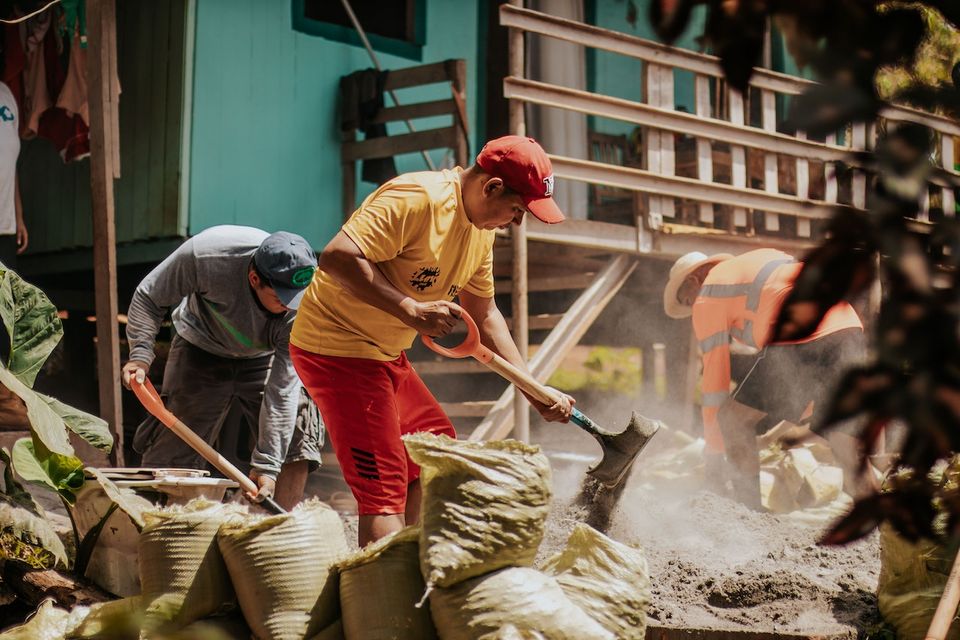Soil stabilization is an essential process that involves transforming soil to enhance its physical properties and durability. This process is crucial in the construction industry, where engineers and contractors aim to create a strong foundation for structures such as buildings, roads, bridges, and airports. Soil stabilization involves a combination of chemical, physical, and mechanical methods, all aimed at improving soil's strength, resistance to water penetration, and ability to support loads. This article will discuss the importance of soil stabilization and the effects of this process in stabilizing soil.
What is Soil Stabilization?Soil stabilization is a process that involves transforming soil to enhance its physical properties and durability. The objective of soil stabilization is to improve the strength and stability of the soil to make it suitable for supporting structures such as buildings, roads, bridges, and airports. Soil stabilization can be achieved using chemical, physical, and mechanical methods. The soil stabilization process helps to improve soil properties such as bearing capacity, shear strength, and compaction and minimize soil erosion.
The Importance of Soil StabilizationSoil stabilization is crucial in construction projects since it enhances the strength and durability of the soil, making it suitable for supporting structures. When a weak foundation is used in construction, the structure will be prone to collapse, leading to significant losses and damages. Soil stabilization ensures that the soil can withstand the structure's weight and resist the forces that may cause it to collapse.
In addition, soil stabilization helps improve soil properties, including its bearing capacity, shear strength, and compaction. This process also helps minimize soil erosion, a common problem in construction sites. Using stabilized soil also helps reduce the need for expensive materials and the required maintenance frequency. This, in turn, leads to cost savings for the contractor and the client.
Effects of Soil StabilizationThe effects of soil stabilization are numerous and significant. One of the most significant effects is the improvement of soil strength. When soil is stabilized, it becomes stronger and more durable, making it suitable for supporting structures. This means that the structure built on the stabilized soil will be safe and secure.
Soil stabilization also improves soil compaction. This is crucial since the compactness of soil determines its ability to support loads. When soil is compacted, it is less prone to collapse and can support the weight of the structure. Soil stabilization also improves the soil's resistance to water penetration, reducing soil erosion risk.
Another effect of soil stabilization is the reduction of maintenance requirements. Since stabilized soil is more durable, it requires less maintenance, leading to cost savings for the contractor and the client. This also means the structure built on stabilized soil will last longer and require fewer repairs.
ConclusionSoil stabilization is an essential process in the construction industry. It involves transforming soil to enhance its physical properties and durability. The importance of soil stabilization cannot be overstated since it ensures that the soil can withstand the structure's weight and resist the forces that may cause it to collapse. The effects of soil stabilization are significant and numerous, including improving soil strength, reducing maintenance requirements, and reducing soil erosion. As such, soil stabilization is a crucial process that must be given the utmost attention in construction projects.
Don't let unstable soil ruin your construction project! Discover the benefits of
soil stabilization in Chattanooga with Terra-Firma Stabilization & Reclamation. Contact us today and let our experts provide the perfect solution for your soil needs.

